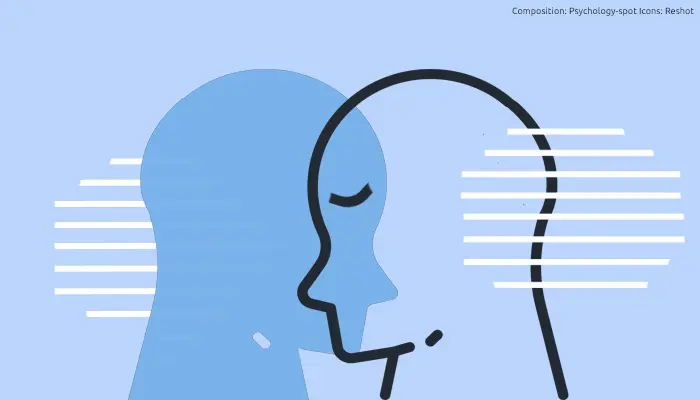
Empathy is an essential characteristic of humanity. The ability to put ourselves in someone else’s shoes and feel what they feel sets us apart. In fact, some sociologists and psychologists have even stated that empathy is what makes us properly human.
However, more recent research suggests that empathy is on the decline in Western culture. A study at the University of Michigan, for example, found that younger generations, in particular, are less empathetic and more narcissistic than those before them.
At the same time, a survey conducted in the United Kingdom revealed that 52% of people think there is less empathy towards others. Without a doubt, if we look at the growing polarization of society, the demonization of some groups, the desperation of those abandoned to their fate, the increase in anger, suspicion and prejudice, it is difficult to think that this is not true.
An emerging crisis of empathy?
The study conducted at the University of Michigan revealed that empathy among college students had decreased by 40% between the years 1970 and 2000. Specifically, what has decreased the most is empathic concern, which has suffered a drastic drop, followed by perspective taking.
Empathic concern is the tendency to feel compassion, affection, tenderness, or pity for others, especially when they are in difficulty. It is, basically, feeling what the other is feeling.
These other-oriented feelings usually go hand in hand with perspective taking, which involves not only putting yourself in their shoes from an emotional point of view, but also being able to understand them. Everything seems to indicate that new generations have a harder time understanding the others and, obviously, putting themselves in their place.
Why?
Complex phenomena such as the loss of empathy do not have a single explanation. Without a doubt, the abuse of technology and social networks influences. Accustomed to being continually connected, we have fewer and fewer opportunities to have open and spontaneous face-to-face conversations in which we can connect with the others and put ourselves in their shoes or even show our vulnerability.
At the same time, we are less and less present. Messages continually attracting our attention prevent us from being in the here and now, an essential condition for feeling empathy. The social ties we establish are increasingly fragile and liquid, according to Zygmunt Bauman.
Without a doubt, the tendency of Western societies towards individualism and competitiveness is another factor that contributes to this gradual loss of empathy. The need to continually compete with the others in search of attention and success makes us see them as opponents. This not only creates distancing but also mental fatigue that blocks the effort to understand another perspective.
The paradox of selective empathy
Empathy is not simply a natural response. It is also learned. However, psychologists are observing a paradox: we are increasingly selective with the object of our empathy; that is, the person or group that we consider “worthy” of receiving that empathy.
Psychologist Fritz Breithaupt, from Indiana University, explains that there are factors that trigger and block empathy. Just as we can feel empathy when we see someone cry, a conflict with a person or even a difference of opinion can block our empathetic attitude.
When we put ourselves on the other side, it is automatically impossible for us to put ourselves in the place of the person whom we see as our enemy or opponent. We cannot understand his/her reasons or share his/her feelings, so the tendency is to demonize him/her in order to be right.
Therefore, there is also a selective mechanism that allows us to feel empathy for some people or groups, but not for others. Obviously, the consequences of a systematic decrease in general empathy while increasing selective empathy could be worrying as it distances us more and more.
Source:
Booth, R. (2018) Majority of Britons think empathy is on the wane. In: The Guardian.



